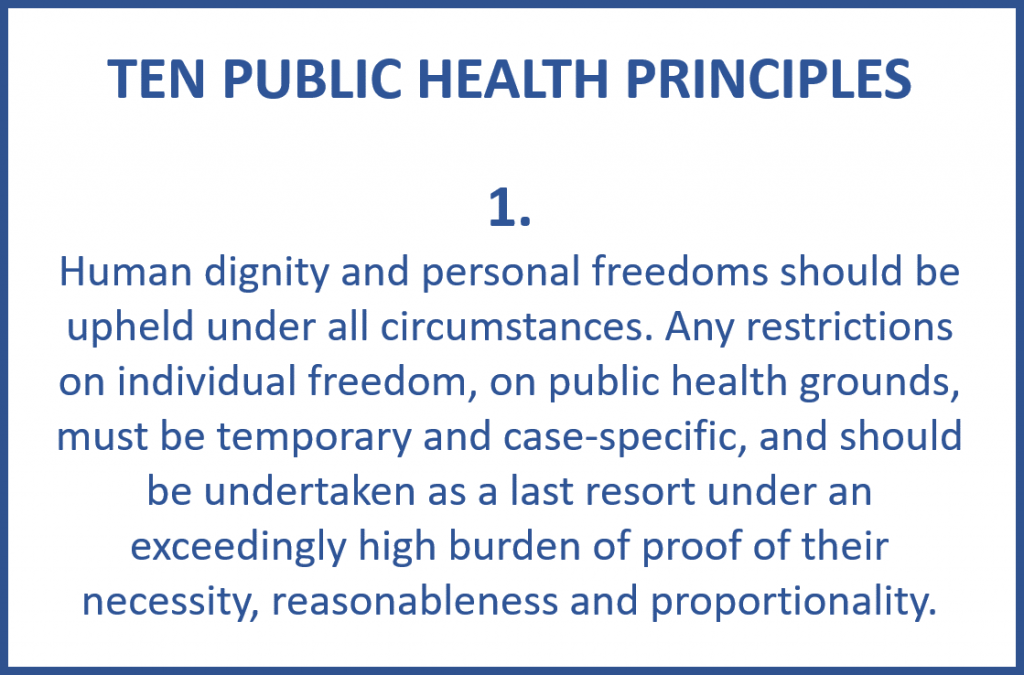Table of Contents
New Zealand Doctors Speaking Out With Science
nzdsos.com
The phrase “anti vaccine” has become synonymous with all manner of wrongdoing. Yet in today’s political climate many who have developed vaccines, prescribed and administered vaccines, taught vaccine providers and coordinated vaccine programs are now accused of anti vaccine sentiment.
Quite apart from concerns about vaccine safety and efficacy in regards to the Covid-19 substances named vaccines, is the first principle of public health: the right to personal freedom. Consistent with the doctrine of medical freedom outlined by the Nuremberg Code, summarised here by Pandemics Data and Analytics.

Across the world in the past 18 months vaccine mandates have been imposed universally in the name of protecting public health. Any argument for mandates defies the data analysis, labelled anti vaccine and censored as illustrated here. Yet even if the so-called “vaccines” were having a beneficial impact on transmission, infection, hospitalisation or death rates, mandates would still contravene basic public health principles and medical ethics.
Ethics of vaccine refusal, published in the British Medical Journal in February 2021, is a brief review of arguments for vaccine mandates pre-dating and including the Covid-19 pandemic. Independent Australian researcher Michael Kowalik offers counterarguments grounded in medical ethics. He contends that discrimination is an underlying facet to vaccine mandates and offers a sophisticated philosophical critique.
Kowalik argues that removing an individual’s right to bodily autonomy breaches the principle of “first do no harm”. He contends that the pursuit of herd immunity is not without cost and that mandates demand personal sacrifice from some individuals in favour of the rights of others. His third argument centres around the value of individual freedoms against the value of vaccination, highlighting the first principle of WHO International Regulations which states full respect for individual dignity, human rights and freedoms. In an articulate conclusion, Kowalik shows that opposition to vaccine mandates, and opposition to discrimination against the unvaccinated, is an ethically sound position. It is also not, in or of itself, “anti vaccine”.
There is neither a moral obligation to vaccinate nor a sound ethical basis to discriminate against the unvaccinated.
Michael Kowalik
Threats to and debate about civil liberties have raged through history, commonly advocated in the name of emergencies, perhaps most recently during the 2014 Ebola outbreak in West Africa. American theoretical scientist Dr Mark Changizi argues in his Science Moment 219, that civil liberties exist exactly for the protection of society against the abuse of state power in times of emergency. The Siracusa Principles state that “… one of the main instruments employed by governments to repress and deny the fundamental rights and freedoms of peoples has been the illegal and unwarranted Declaration of Martial Law or a State of Emergency”.
Science without debate is dogma. The mandating of medical interventions without bio-ethical debate is abhorrent. The Covid response is guilty of both.









